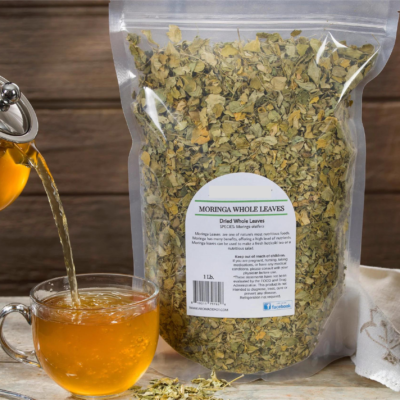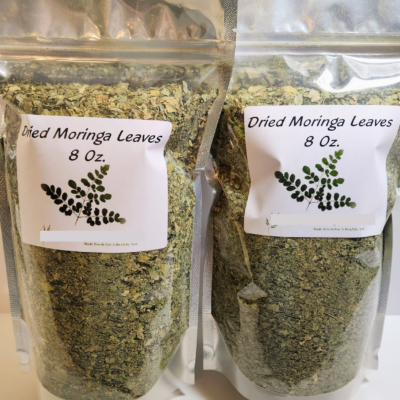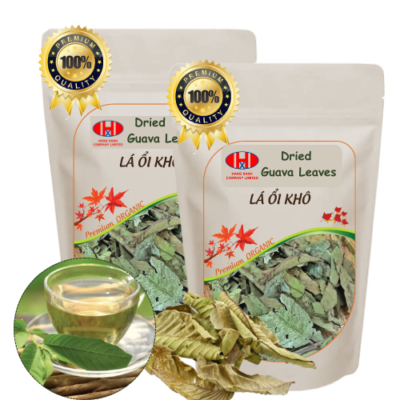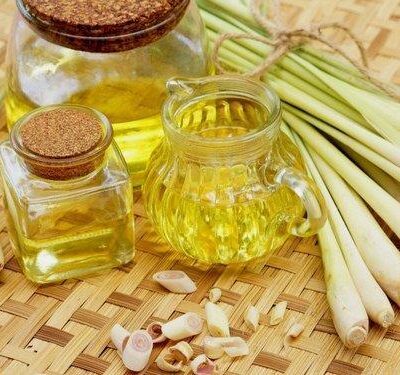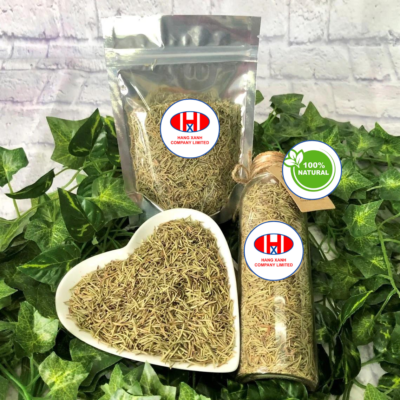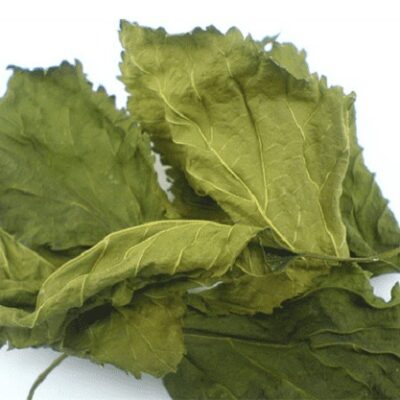Moringa leaves, also known as “miracle leaves” or “drumstick leaves,” come from the Moringa oleifera tree, which is native to the Indian subcontinent but is now cultivated in tropical and subtropical regions around the world. These leaves have gained widespread attention for their impressive nutritional profile and numerous health benefits.

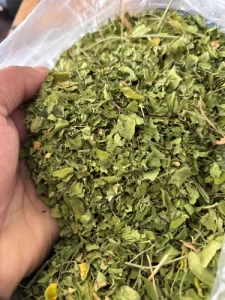
Here’s an introduction to Moringa leaves:
- Nutritional Powerhouse: Moringa leaves are packed with essential nutrients, including vitamins (A, C, E, and several B vitamins), minerals (calcium, potassium, iron, and magnesium), protein, and antioxidants. They are particularly renowned for their high content of vitamin C, calcium, and iron, making them a valuable addition to diets, especially in areas where access to nutritious foods is limited.
- Medicinal Properties: Traditional medicine systems have long recognized the medicinal properties of Moringa leaves. They have been used to treat various ailments, including inflammation, infections, digestive disorders, diabetes, and high blood pressure. Research suggests that Moringa leaves may have anti-inflammatory, antioxidant, antimicrobial, and blood sugar-regulating effects.
- Culinary Uses: Moringa leaves are versatile and can be incorporated into various dishes. They can be consumed fresh, cooked, or dried and powdered. In many cuisines, Moringa leaves are used in soups, stews, curries, salads, and stir-fries. The leaves have a slightly peppery flavor, somewhat similar to arugula, which complements a wide range of savory dishes.
- Environmental Benefits: The Moringa tree is known for its fast growth and ability to thrive in diverse environmental conditions, including poor soils. It requires minimal water and can be grown sustainably in regions prone to drought. Additionally, Moringa trees play a role in soil conservation and can contribute to reforestation efforts.
- Potential as a Superfood: Due to their exceptional nutritional content, Moringa leaves are often hailed as a “superfood.” Incorporating Moringa leaves into one’s diet can help bridge nutritional gaps and promote overall health and well-being.
- Commercial Applications: Beyond culinary and medicinal uses, Moringa leaves are increasingly being used in various commercial products, including dietary supplements, herbal teas, skincare products, and green powders.
In summary, Moringa leaves are a valuable resource with significant nutritional, medicinal, and environmental benefits. Whether consumed for their health-promoting properties or utilized in culinary endeavors, these leaves offer a potent combination of nutrients and potential for enhancing both personal and planetary health.



